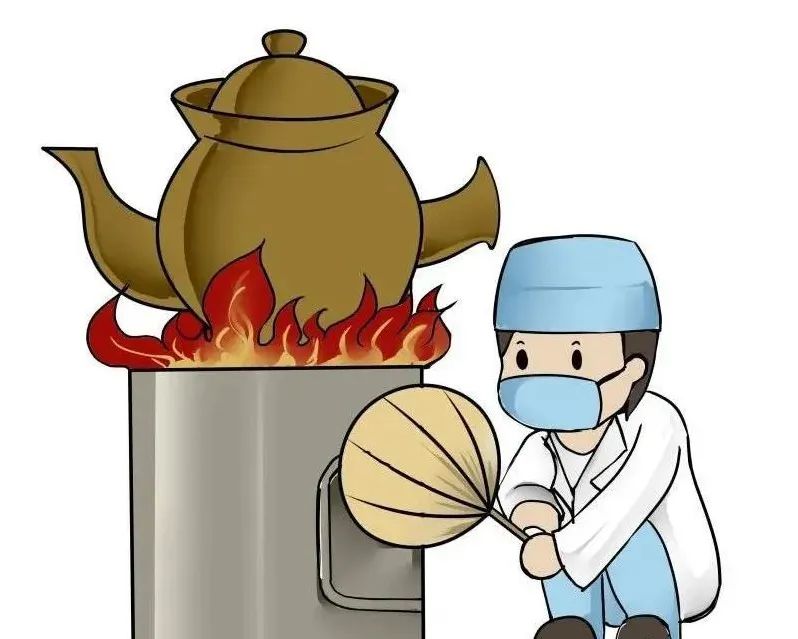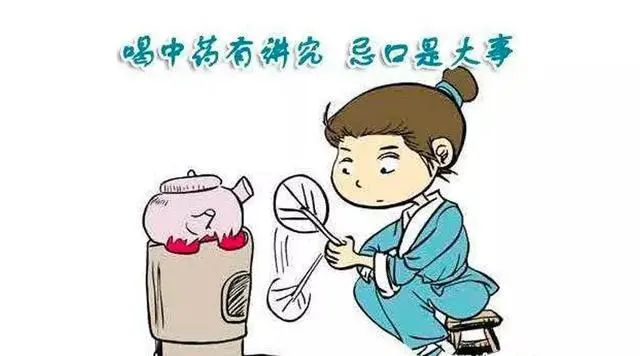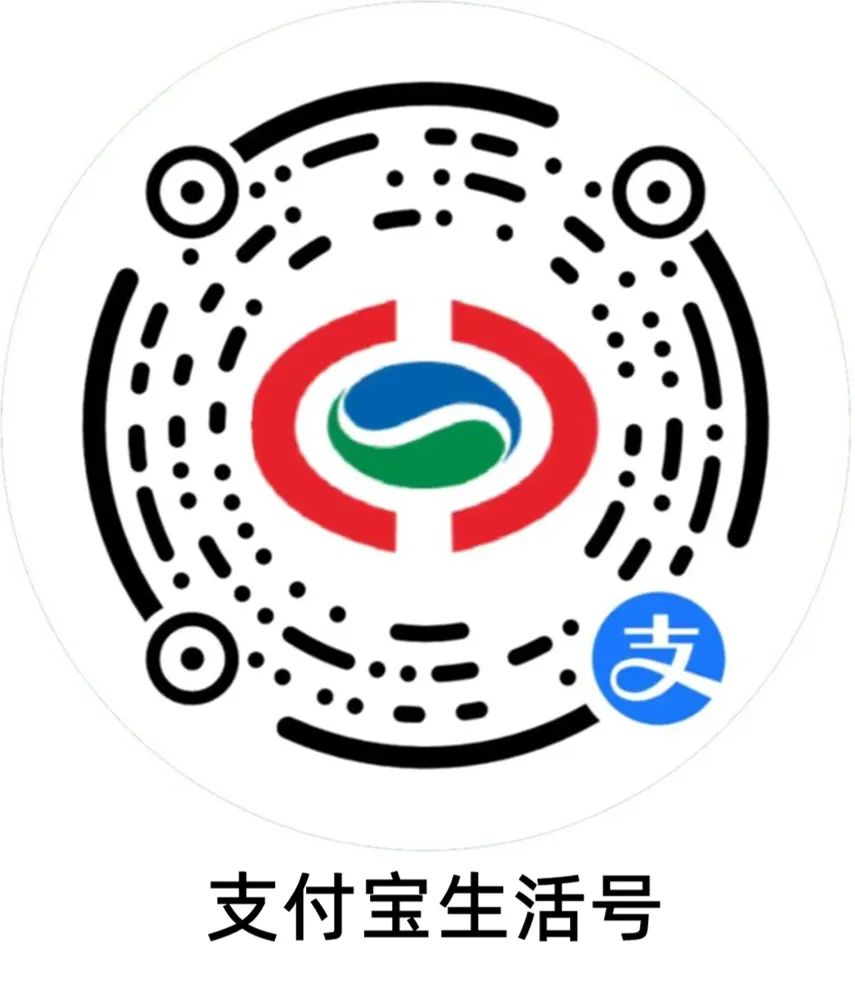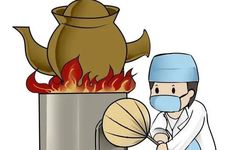



Decoctions, as one of the most widely used forms of traditional Chinese medicine (TCM), require accurate differentiation of syndromes, precise administration of herbs, and appropriate preparation methods. When taking decoctions, one should also consider the functions of the formulas and the characteristics of the dosage forms to achieve the best therapeutic effects.

1. Frequency of Administration
Decoctions are generally taken once daily, divided into two or three doses after preparation, with at least a 4-6 hour interval between doses. For acute conditions such as fever, diarrhea, or vomiting, small amounts can be taken frequently until the condition stabilizes, after which it can be adjusted to 2-3 times daily. For conditions like stone lin (shi lin) or throat diseases, decoctions can be consumed as tea at irregular intervals. For children, smaller and more frequent doses are recommended.
2. Temperature of Administration
① Generally, decoctions should be taken warm, meaning that the prepared decoction should be cooled to a temperature between 30°C and 37°C before consumption.
② Decoctions for treating cold syndromes should be taken hot, especially those that disperse wind-cold, and it is advisable to consume some warm congee or hot water afterward to enhance the efficacy. Decoctions for treating heat diseases can be taken cool, such as those that detoxify or clear heat. In summer, cooling decoctions are more effective when taken cold.
3. Timing of Administration
① For conditions located below the chest and abdomen, decoctions should be taken before meals; for conditions above the chest, they should be taken after meals, with an interval of at least half an hour from eating.
② Decoctions that should be taken before meals include: tonifying herbs, which are better absorbed when taken before meals; antacids and pain-relieving decoctions for stomach issues, which enhance protection of the gastric mucosa when taken before meals; expectorants and cough suppressants, which are more effective when taken before meals; and anti-parasitic herbs, which are best taken on an empty stomach.
③ Decoctions that should be taken after meals include: digestive aids, which should be taken shortly after meals to aid digestion; and irritating medications, which should be taken after meals to prevent irritation of the gastric mucosa.
④ Decoctions that should be taken before sleep include: calming herbs, which should be taken 30 minutes to 1 hour before sleep to assist with falling asleep; laxatives, which should be taken before sleep to facilitate morning bowel movements; and astringent herbs, which should be taken at bedtime to treat nocturnal emissions.
⑤ Currently, the interaction mechanisms between most Chinese herbs and Western medications are not well understood, so it is advisable to take them separately, with an interval of at least one hour.

4. Dietary Restrictions During Administration
① During the use of decoctions containing ginseng (Ren Shen) or American ginseng (Xi Yang Shen), one should avoid foods that deplete qi, such as radishes.
② Avoid drinking strong tea while taking Chinese medicine to ensure efficacy.
③ During the course of treatment, it is best to avoid spicy and greasy foods, opting for a light diet instead.
④ For treatments of skin diseases such as sores and abscesses, as well as allergic conditions like asthma and rhinitis, one should avoid foods containing foreign proteins, such as fish, shrimp, and crabs, as well as stimulating foods.
⑤ When taking decoctions, it is not recommended to add sugar for flavoring. Although sugar may reduce the bitterness of the decoction, it may also alter the medicinal properties, potentially affecting efficacy or even causing harm.

 – end –
– end –
This WeChat public account is dedicated to public welfare promotion and has no commercial purpose. The copyright of the images belongs to the original authors. If there are any text, images, or videos that involve infringement or violations, please inform us promptly for deletion.

Article Contributors:Pharmacy Department, Jie Yuan, She Penggui
Edited and Reviewed by:Publicity Department



Scan the QR code to follow
Registration, payment, and report inquiry


